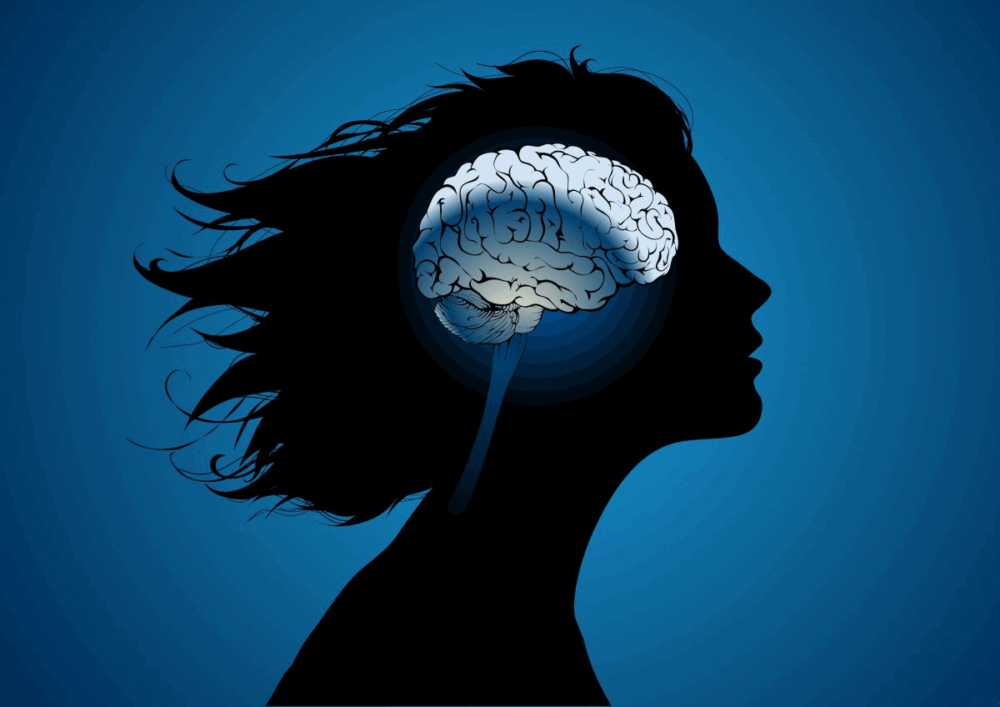Don’t Want to Get Sick? Stop Feeling Sorry for Yourself
It turns out that feeling sorry for yourself can not only lead to depression, but also weaken your immune system and even cause frequent colds. Self-pity is addictive.
Let’s be honest, everyone has reasons to feel sorry for themselves. Of course, you should respect yourself, value your personality, and try to protect yourself from major shocks. But self-pity is a passive and depressive feeling. It pulls you in like quicksand. Once you start, you lose motivation, tears come to your eyes, and suddenly you feel like the most miserable person in the world. As the saying goes, “once the claw is stuck…”
Professor of Psychiatry Mikhail Vinogradov:
— Self-pity is a clingy and very negative feeling. People quickly become addicted to it, just like any bad habit. Focusing on yourself also makes you less empathetic toward others. From a psychological perspective, self-pity dulls the sharpness of stress, but doesn’t fight it; instead, it pushes it deep inside. Tension builds up, resulting in “bad stress” (distress), which may eventually require professional help to resolve.
This is a dead-end path that can lead to asthenic depression and completely throw you off track in life. Facing problems with self-pity means letting them win before the fight even starts.
On the contrary, during stressful moments, you need to pull yourself together, summon all your inner strength, and remember the victories—no matter how small—you’ve achieved in life.
By the Way: Got a Cold? Maybe It’s Time for a Break!
Your body’s defenses are very sensitive to stress. It’s well known that during depression, overall immunity can drop by as much as 70%. With severe neuroses, people can develop real vitamin deficiencies—levels of vitamin C, all B vitamins, and folic acid (B9) drop sharply. At the same time, your body absorbs nutrients less effectively, which is why you may look pale.
Frequent colds often signal that your nerves are stretched to the limit. The same problem affects those who try to do too much without giving their brain a break.
Sometimes, your body seems to “ask” for bed rest just to get some much-needed downtime. In other words, when you’re laid up with a cold, your body may be protecting you from a nervous breakdown caused by overexertion.
Panic: The Best Friend of Infections
Fall is probably the hardest time for anxious and hypochondriac people. This personality type tends to make mountains out of molehills. Colds, flu, and sore throats—common seasonal illnesses—cause panic. Simple symptoms are blown out of proportion: a sneeze might mean a severe flu, a cough could be tuberculosis, a fever of 100.4°F must be pneumonia…
These are indecisive people who constantly worry about everything, including their health. Because of their self-suggestion, anxious people actually experience colds more severely and take longer to recover.
However, they usually don’t interfere with treatment (except for endless complaints). They tend to follow doctors’ orders strictly.
For people with these personality traits, it’s helpful to add supportive therapy during illness to balance the nervous system: at night, calming remedies (like 25 drops of motherwort and valerian, or 30 drops of Novo-Passit, or half a cup of St. John’s wort tea); in the morning, immune- and nervous-system boosters (such as rosehip tea, ginseng tincture, schisandra chinensis, plus green tea tablets).
Your Blood Vessels and Immune System Suffer
Self-pity creates an asthenic (weak) type of reaction to any external stress. With an asthenic response, your body increases production of the hormone acetylcholine (produced by the adrenal glands), also known as the “weakness hormone.”
High levels of this hormone negatively affect the vascular center. As a result, blood vessel tone drops, similar to low blood pressure (hypotension).
The autonomic nervous system starts acting up, leading to classic “panic attacks”:
- weakness in arms and legs,
- cold sweats,
- heart pounding like a bird in a cage,
- zero energy,
- unexplained fears and a general lack of will to live.
So, by feeling sorry for ourselves, we can seriously destabilize our mental health and harm our overall well-being. A tendency toward asthenic reactions often becomes a powerful trigger for various illnesses.
Excessive Self-Pity Can Lead To:
- digestive system diseases (mainly gastritis and stomach ulcers);
- asthenic-apathetic depression;
- hypotension; vegetative-vascular dystonia;
- weakened immunity and poor resistance to infections.
It’s especially harmful to feel sorry for yourself when you’re sick, even if you have the flu, a fever, and aches all over. Rest assured, self-pity will only slow down your recovery. So, think positively and don’t dwell on your problems! Never think about serious illnesses without real reason. Stay healthy, everyone!



